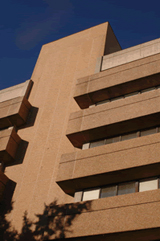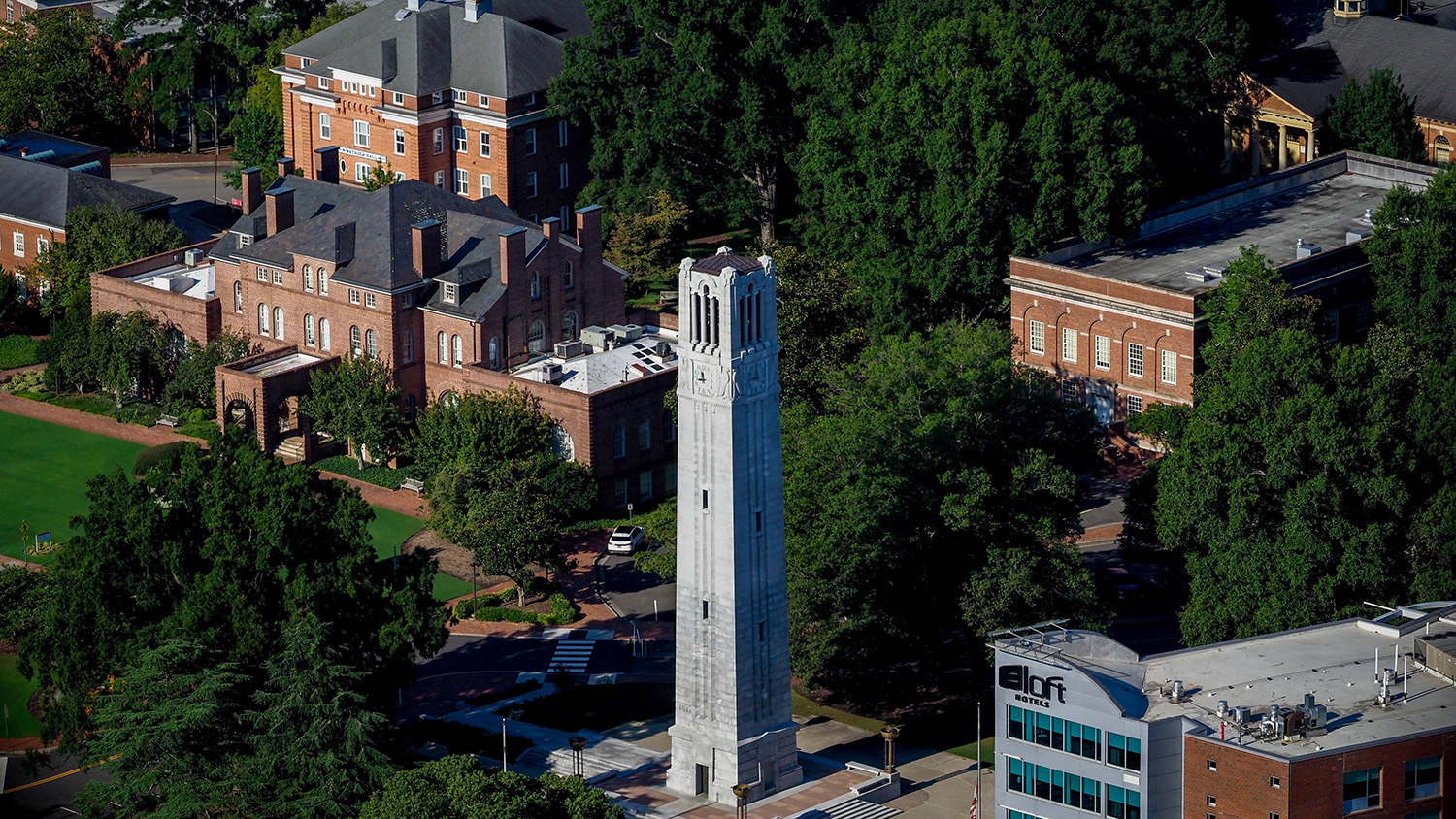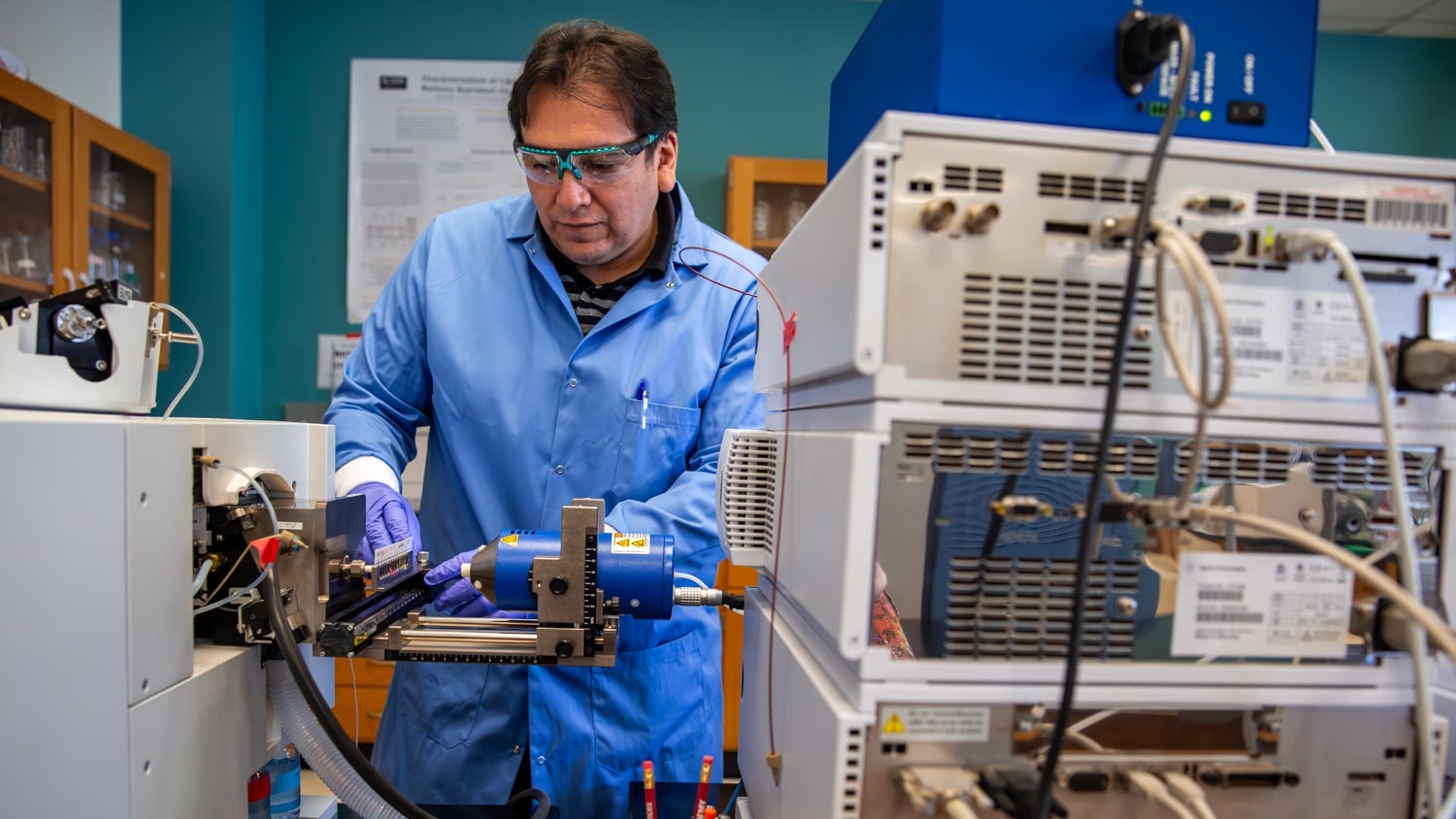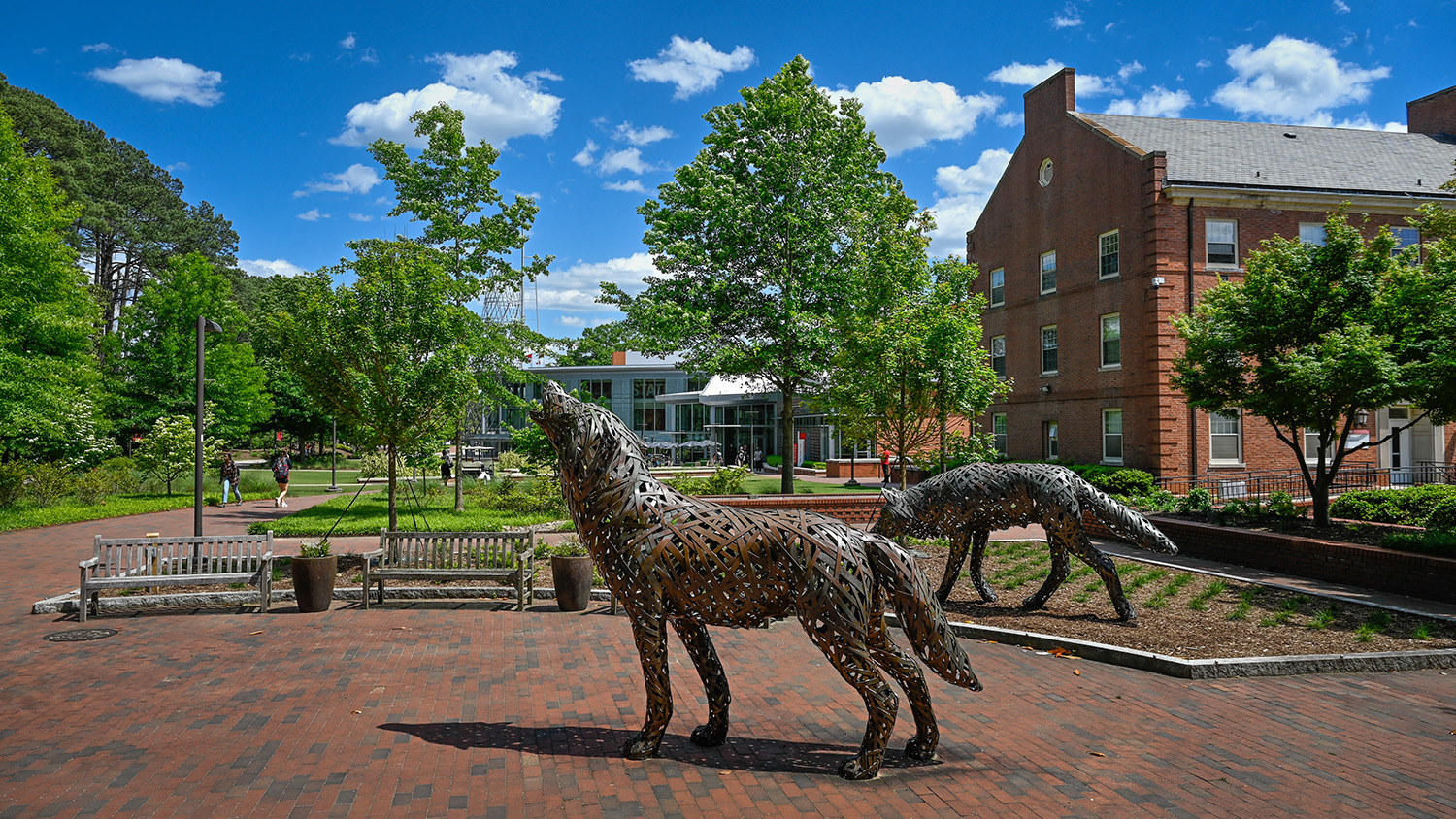The Future is Fleener
If you’re looking to get inspired about the future of education, or the future in general, spend some time with Dr. M. Jayne Fleener, the new dean of the College of Education. The challenges confronting educators – low salaries, limited resources and shifting state and federal regulations – do little to dampen the enthusiasm of this former high school math teacher.
“There’s nothing better for touching the future than working in education,” she said in a phone interview from her office at Louisiana State University, where she’s served as dean of the College of Education since 2004.

She’ll bring more than just sound bites when she arrives on campus July 1. If her track record at LSU is any indication, she’ll focus on growth and partnerships. In the six years she ran the College of Education at LSU, new grants and college endowments doubled. And she personally brought in more than $14 million in funding as the principal or co-principal investigator on research projects.
She also has authored more than 80 refereed and non-refereed publications in the areas of learning theory, curriculum and instruction, teacher preparation, and educational research and theory, including two books that have been translated into Chinese.
Diversity is Vital
In fact, she brings a decidedly global and multicultural point of view, seeing diversity as a vital component of a healthy educational system.
“You have to have a commitment to increasing diversity in every respect, including racial and cultural diversity,” she said. “You have to have a culture that’s welcoming of diversity and you also need to have a critical mass. There is a tipping point where you have the kind of environment that is very rich and enriched by diversity of perspective.”
Fleener praised NC State for its strengths in educational leadership and in STEM education (STEM stands for science, technology, engineering and math). She hopes to further the university’s work in improving the use of technology in the classroom.
“Partnerships are the key,” she said. “I see the need to be good partners in solving some of problems of public education, not only working with K-12 districts, but working with the community colleges and the Department of Education.”
- Categories:


